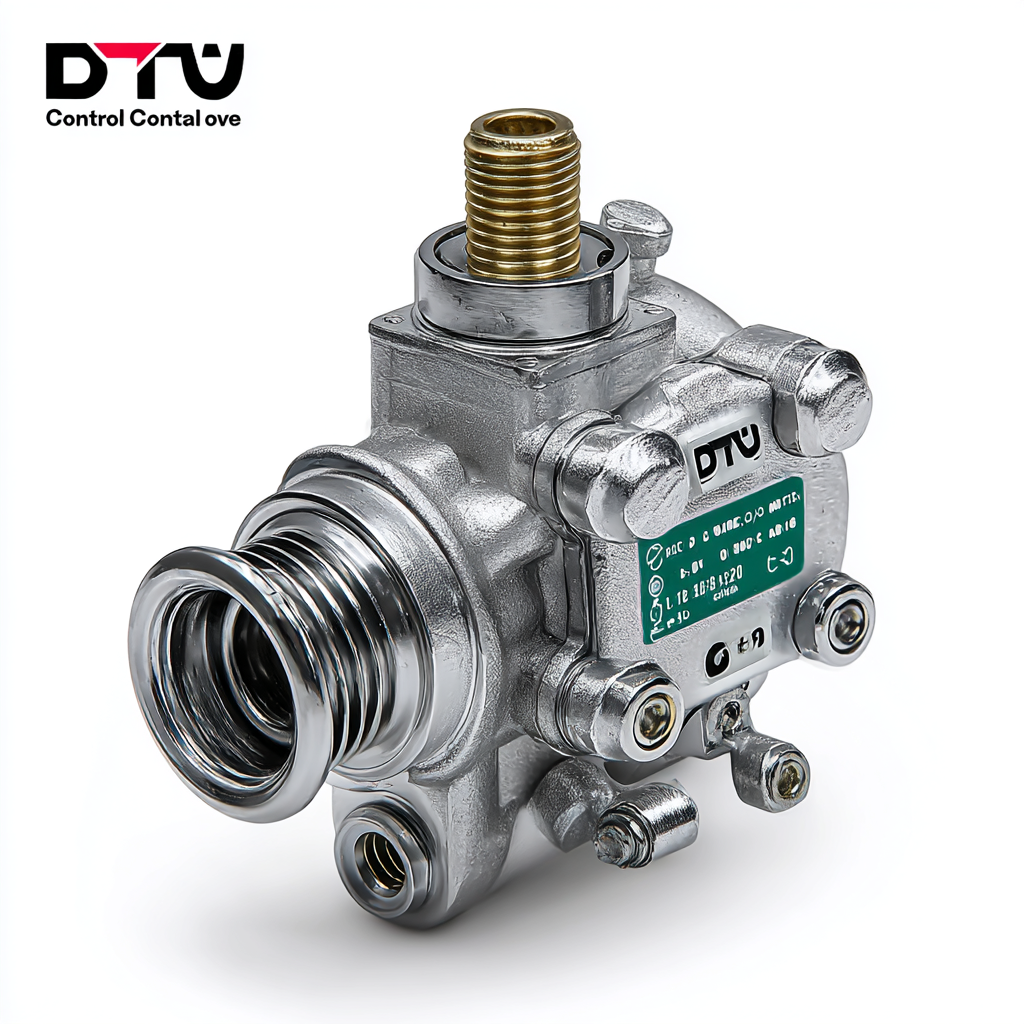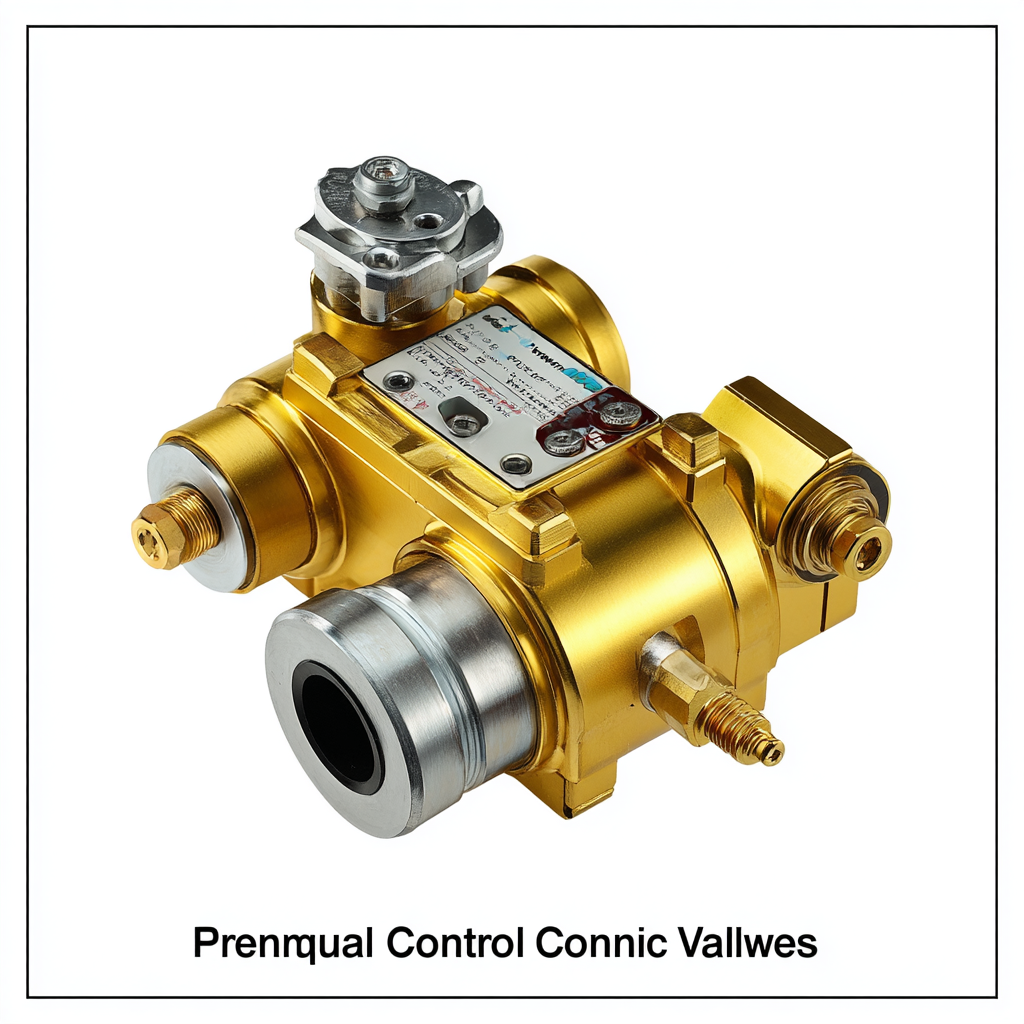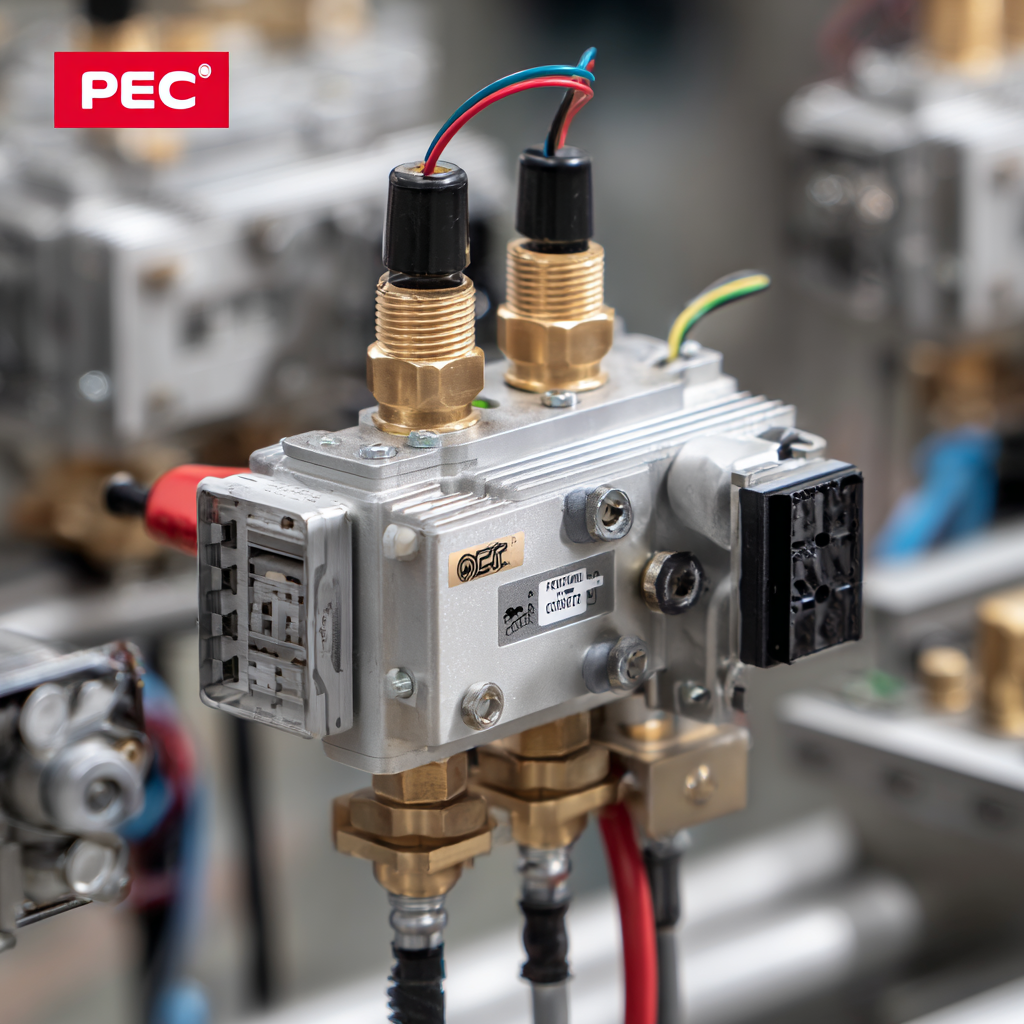Finding the Perfect Supplier for Best Pneumatic Control Valves Your Comprehensive Guide
In today’s rapidly evolving industrial landscape, finding the perfect supplier for pneumatic control valves is essential for optimizing operational efficiency and ensuring system reliability. According to a recent market report by Research and Markets, the global pneumatic control valve market is projected to reach $8.1 billion by 2026, growing at a CAGR of 6.5% from 2021. This surge underscores the increasing demand for advanced control systems across various sectors, including oil and gas, manufacturing, and chemical processing. As industries seek to enhance automation and precision, the role of high-quality pneumatic control valves becomes paramount. Selecting the right supplier not only guarantees the reliability of your equipment but also contributes significantly to cost efficiency and safety in industrial operations. Thus, understanding the dynamics of supplier selection in this niche market is crucial for businesses aiming to maintain a competitive edge.

Key Features to Assess When Choosing Pneumatic Control Valve Suppliers
When selecting a supplier for pneumatic control valves, certain key features must be carefully evaluated to ensure optimal performance and reliability. A recent report from MarketsandMarkets indicates that the global pneumatic valve market is projected to reach USD 15.5 billion by 2026, growing at a CAGR of 6.3%. This trend underscores the increasing demand for high-quality and efficient pneumatic systems across various industries, necessitating suppliers that can provide robust and innovative products.
One crucial aspect to assess is the supplier's quality assurance protocols. Suppliers with ISO 9001 certification typically maintain stringent quality control measures, resulting in lower failure rates and enhanced product durability. Additionally, examining the supplier’s product range is essential. According to a study by Mordor Intelligence, suppliers that offer customizable pneumatic solutions cater better to specific industry needs, ultimately leading to improved system integration and performance. Therefore, it is vital to partner with suppliers who not only provide standard valves but also have the capability to deliver tailored solutions that meet individual operational requirements.
Key Features to Assess When Choosing Pneumatic Control Valve Suppliers
Essential Questions to Ask Potential Suppliers for Your Project Needs
When searching for the perfect supplier for pneumatic control valves, it's essential to ask the right questions to ensure they meet your project needs effectively. Start by inquiring about their manufacturing processes and quality control measures. Understanding how they maintain consistency in their products can reveal a lot about their reliability. Additionally, you might want to ask about their certifications and industry compliance, as this demonstrates their commitment to quality standards.
Another critical consideration is the supplier’s experience in your specific industry. Asking about their previous projects and the types of clients they have worked with can provide insight into their ability to cater to your unique requirements. Also, consider discussing their flexibility in accommodating customizations; this could be a key factor if your project demands specific valve specifications.
Finally, assess their customer support and after-sales service. Questions such as how they handle product queries, technical support, and warranty claims will help gauge their responsiveness and dedication to customer satisfaction. Opt for suppliers that prioritize communication and offer comprehensive support, as this will contribute significantly to the overall success of your project.
Criteria for Evaluating the Quality and Reliability of Valve Products
When evaluating the quality and reliability of pneumatic control valves, it is essential to consider several critical criteria. First and foremost, material selection plays a pivotal role. According to a report by the Fluid Power Industry Association, valves made from high-grade materials such as stainless steel or brass typically exhibit superior corrosion resistance and durability, making them ideal for demanding applications. Furthermore, ensuring compliance with industry standards like ISO 9001 can indicate a manufacturer's commitment to consistent quality and reliability.

Another vital criterion is the performance specifications of the valve itself. Data from the Pneumatics and Hydraulics Industry Group suggests that valves with a higher flow coefficient (Cv) often provide better performance in fluid control applications. Additionally, evaluating the valve’s operational pressure range and temperature limits is crucial, as these factors can significantly impact reliability. Regular maintenance and serviceability should also be assessed; a recent survey revealed that operators rated ease of maintenance as a top priority when selecting valve suppliers. By focusing on these criteria, buyers can ensure they are investing in pneumatic control valves that will perform consistently over their lifecycle.
Understanding Supplier Certifications and Industry Standards for Valves
When selecting a supplier for pneumatic control valves, understanding the importance of certifications and industry standards is crucial. For instance, recent updates to API 6D now require compliance with API 6DX specifically for valve actuators, reflecting a pivotal shift in the energy sector. This change underscores the necessity for suppliers to adopt rigorous testing and manufacturing practices, enhancing the reliability and safety of valve components. Adhering to these standards not only ensures quality but also boosts consumer confidence in the products being offered.
In the United States, there are over 740 suppliers of HVAC systems listed on platforms like Thomasnet, allowing manufacturers to filter options based on certifications and quality standards. This extensive database highlights the significance of proper certifications in selecting suppliers, as they reflect a company’s capability to meet industry benchmarks. Additionally, the DNV AMC 3 certification granted to manufacturers demonstrates a commitment to advanced production techniques like additive manufacturing, further assuring customers of their product integrity. Ensuring compliance with these standards is essential for maintaining competitive advantage and fostering trust within the industry.
Tips for Conducting Supplier Audits and Site Visits for Optimal Selection
When searching for the ideal supplier of pneumatic control valves, conducting thorough supplier audits and site visits is crucial for optimal selection. A well-structured audit allows you to assess the supplier’s capabilities, quality control measures, and adherence to industry standards. Start your evaluation by reviewing their manufacturing processes, certifications, and past performance. Ask for references from previous clients and examine case studies to gauge their reliability and expertise in delivering similar products.

Site visits are an invaluable part of the auditing process. They provide firsthand insight into the operational environment and the technology utilized in valve production. While on-site, observe the cleanliness and organization of the facility, as these factors often reflect the supplier's commitment to quality. Engage with the staff to understand their training and experience, which can greatly influence product quality. Additionally, take note of their testing procedures and equipment — a supplier with rigorous testing protocols is more likely to deliver products that meet your specifications. By combining supplier audits with insightful site visits, you can make a well-informed decision that aligns with your pneumatic control valve needs.
